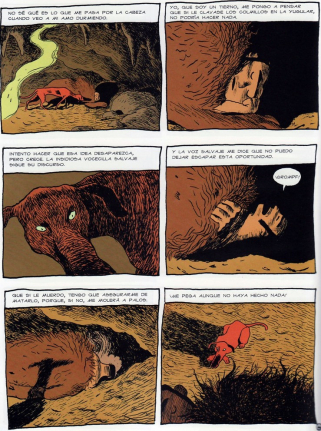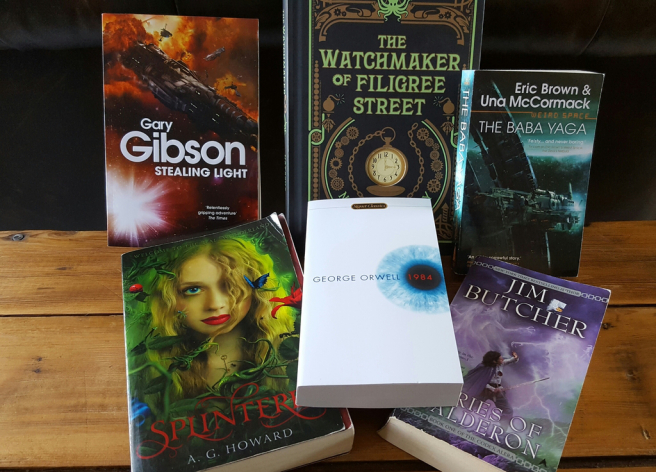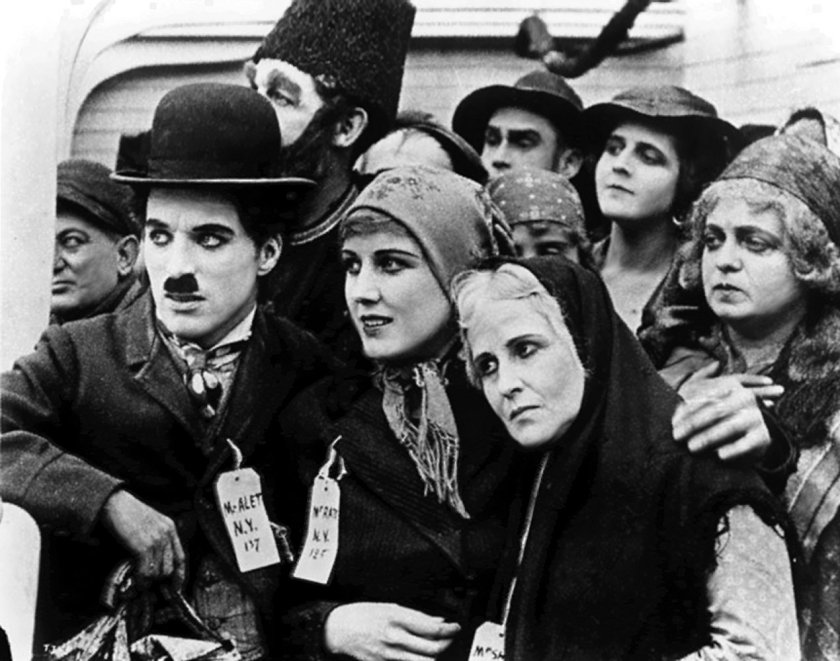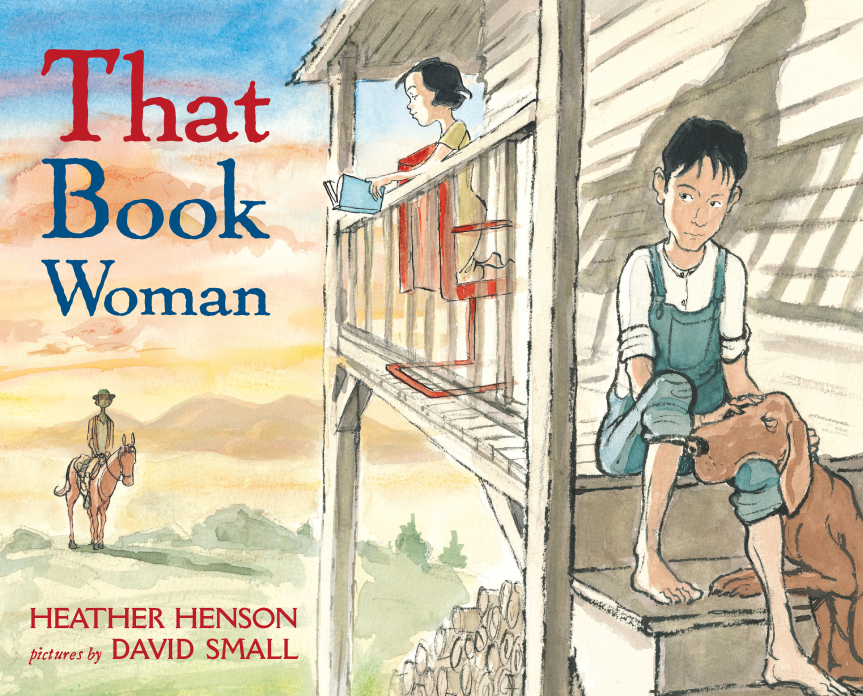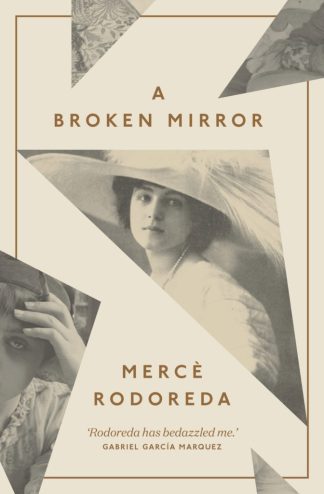 (image: dauntbookspublishing.co.uk)
(image: dauntbookspublishing.co.uk)
I came upon this book entirely by chance in Waterstone’s – it was the cover that made me pick it up, and I am so, so glad I did. A Broken Mirror is described on the inside cover as “A haunting classic of modern Catalan literature from one of Spain’s most prestigious writers”, but honestly I had never heard of Mercé Rodoreda before I picked up this book, for whatever reason. But I am so happy I have discovered her work, because, put simply, this book is sublime.
A Broken Mirror is a family saga, stretching over three generations of the Valldaura family in Barcelona. We begin with Teresa, the matriarch, during her first marriage. She is beautiful and in some ways this is what carries her, what keeps her going through so much of her life. Men seem to fall in love with her all the time. After her first husband dies (he is quite a bit older than her) she marries Salvador Valldaura, and the saga of the family begins. They have a daughter, Sofia, who in turn marries Eladi Farriols – they have two boys, Ramon and Jaume; there is also Maria, who happens to be Eladi’s daughter from an affair with a dancer. This complicated family live in a villa, thrown together with several generations of servants, and watched over by Armanda, the one maid who never leaves them. Her life is intertwined with theirs, as well as with that of the house.
The book is divided into three parts, with several chapters in each. The chapters are each told from the third person perspective of one of the characters, whether a family member or one of the many people in their orbit. In the introduction to the book the translator Josep Miquel Sobrer writes that,
“… each chapter is anchored in some character’s point of view, often a character who is incidental to the development of the action. The technique, which Carme Arnau has related to cinematic narratives and to the free indirect style of writes such as Gustave Flaubert and Virginia Woolf, gives the novel its intensity.”
I remember learning about free indirect speech in Jane Austen at school, and I think this assessment is correct. Throughout A Broken Mirror you are given time to understand each of the characters’ mentality, and their own experience of the shared narrative. For a book with so many characters, free indirect is the perfect way to visit all of them without feeling overwhelmed by all the information. Through this technique, Rodoreda also perfectly illustrates the way in which we live both in the past and the present, as the characters constantly relate what is happening to what has happened before, how things used to be, the things they remember. Things change all the time, but they also stay the same.
Josep Miquel Sobrer writes in his introduction that A Broken Mirror is pessimistic, and in some ways it is – time ravages everything, people never love as they should, and in the end everything comes to nothing… but I think it does celebrate the joys of family life, the pleasures of love, and the thoughtlessness of childhood. It celebrates moments in time. At several points there is a stark contrast between the dramatic, troubled family, and the joyous abandon of the maids stripping off in the summer and chasing each other with the garden hose. Armanda watches them all and sees the beauty and fragility of life and happiness.
I think that is the crux of this book, and the reason it is so beguiling. A Broken Mirror reminds us that life is always messy, and complicated, but that it is still worth living. There is a scene, late in the book, where Armanda drops a mirror and sees in all the broken pieces all the pieces of her long life with the Valldaura family – all the people, all the heartache and grief, the joy and happiness as well as the sadness. Life is made up of so many pieces, good and bad, and sometimes it is impossible to fit them all together. Some of the best passages come when characters are looking back on their lives and remembering their lost loves, their stolen moments, and their youth. They realise that it was pointless to think that life would be a certain way, because it always happens just as it will. Even if the pieces do not fit together, they are each worth something.
A Broken Mirror is one of the most beautiful books I think I have ever read. The language is beautiful, even in translation, and each character is full realised, no matter who they are. There is sheer poetry and romance in this novel, and it is full of the most wonderful imagery. Each scene feels three-dimensional, and you can almost feel the Spanish summer heat and hear the laurel bush rustling in the wind. I was totally immersed in the story of the Valldauras and was sorry to come to the end of the novel, and I will certainly seek out more of Rodoreda’s work. Especially if Daunt do more of these beautiful editions!
*
Originally published in 1962. I read the 2017 Daunt Books edition (pictured above).
Purchase from Wordery, Blackwell’s, and Foyles.
Advertisements Share this:

